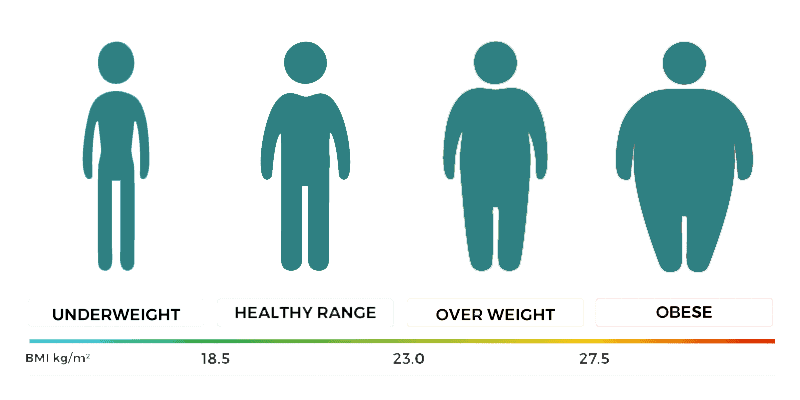Roux En-Y Gastric Bypass
Gastric bypass patients typically lose 75% – 85% of excess body weight in under two years.
Procedure Details
The stomach is divided and separated. This will result in creating a small pouch that helps patients eat small portions of food and control their hunger. Not only is the stomach pouch too small to hold large amounts of food, but by skipping the duodenum and part of the small bowel, fat absorption is substantially reduced.
The Roux-en-Y gastric bypass is considered the Gold Standard of all bariatric surgeries and is the most frequently performed weight loss procedure in the United States. In this procedure.
Gastric Bypass Surgery provides an excellent tool to limit the amount of food eaten and to change how food calories are absorbed.
We explain to patients that the surgery is not a magic solution: it works with you, not for you. By working consistently to make appropriate food choices and behavioral changes, a successful, long-term health impact is possible.
An increasing number of insurance companies cover the gastric bypass procedure.
Advantages of Gastric Bypass Surgery
- The surgery helps you changing your eating habits.
- Most patients lose weight rapidly and continue to do so until 18 to 24 months after the procedure.
- Scientific studies have shown that gastric bypass surgery helps most people lose weight and keep it off.
- There is a “golden period” after gastric bypass – the time when the body becomes accustomed to less food and people have an easier time developing good eating habits. Simply put, the gastric bypass is the most effective surgery for weight loss.
- In addition to avoiding foreign bodies such as the LAP-BAND©
Benefits of Robotic Minimally Invasive Gastric Bypass Surgery
- Small Incisions (most less than 1/2 inch)
- Hand sewn anastomosis (connections) which decreases the incidence of strictures (narrowing)
- Hospital stay is 1 to 2 days
- Patients usually return to work in 2 weeks
- Less risk of infection
- Less pain
- Less chance of hernias
- Avoiding foreign bodies such as the LAP-BAND©
Success and Benefits of Gastric Bypass Surgery
The benefits of surgery can outweigh the risk in the carefully selected patient. Recent studies have demonstrated that up to 80% of excess body weight can be lost. Also, 75% – 95% of co-morbidities (diseases related to obesity) can be controlled or cured.
Procedure Details
Dr Selim will create a small stomach pouch by dividing the stomach. The small intestine will be measured then divided for the purpose of pulling it up and attaching it with the newly formed stomach pouch. This part of the small bowel is called the Roux limb. The other end of the small intestine is connected into the side of the Roux limb (the portion of the small intestine attached to the new small stomach) creating the “Y” shape that gives the technique its name.





